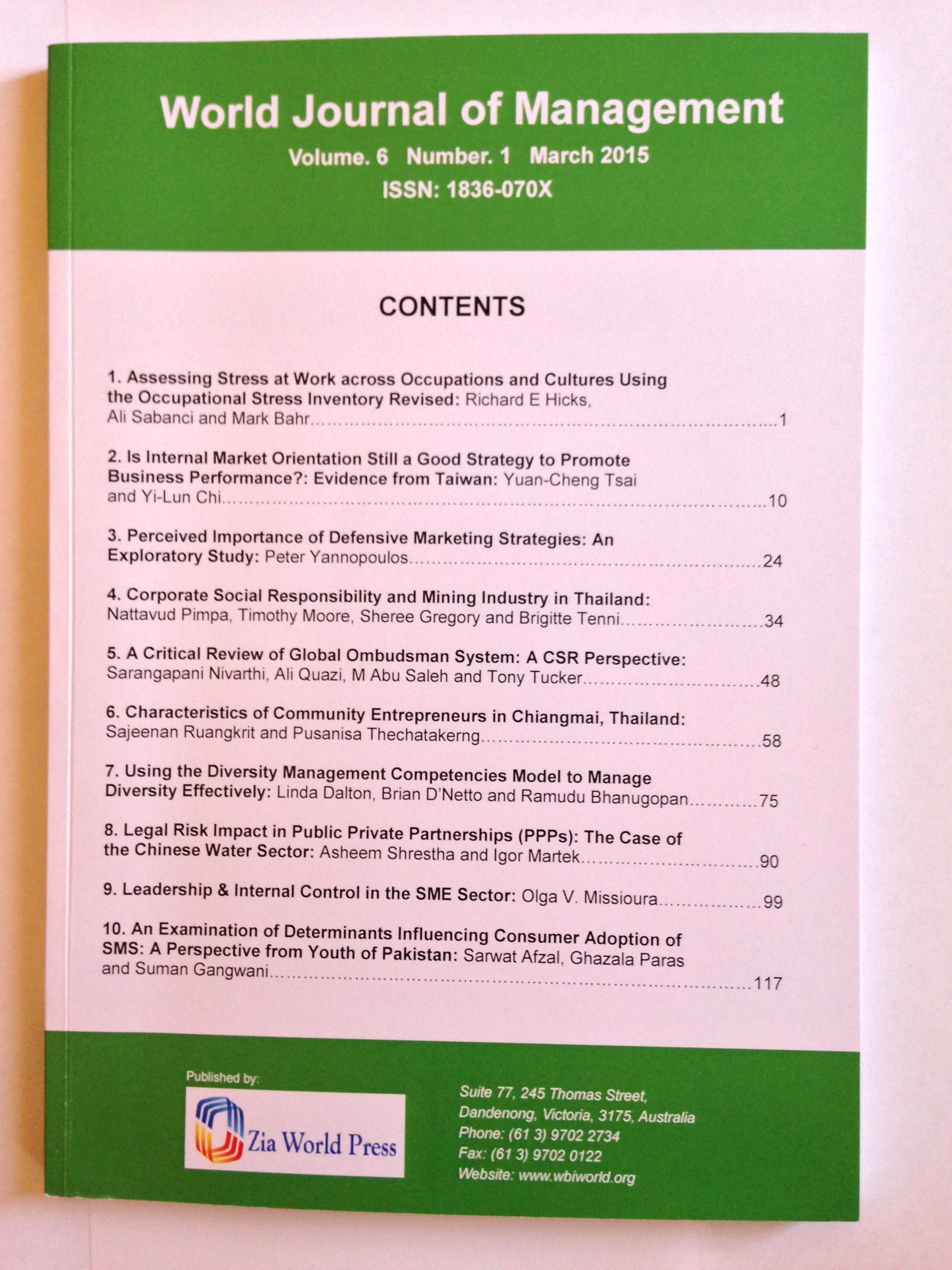September
2016

September 2016 (World Journal of Management)
Total Articles - 10
